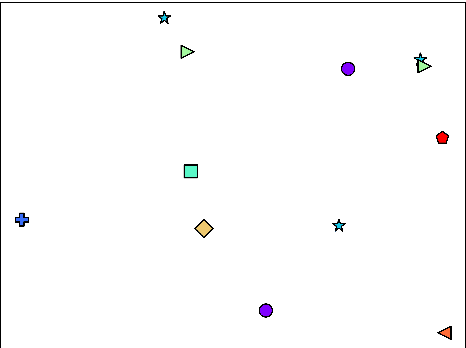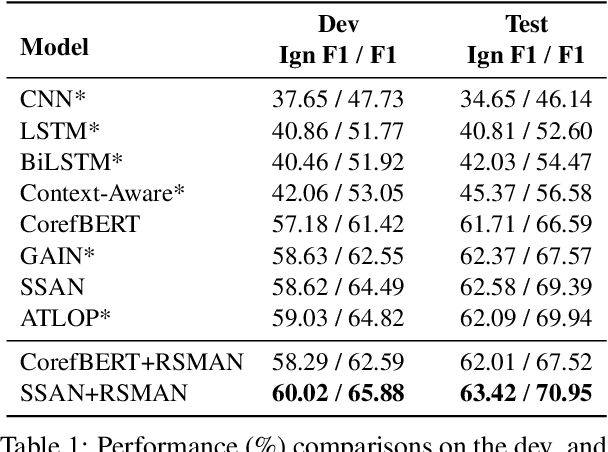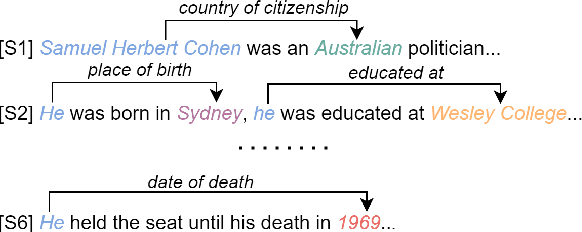Shuyu Tian
A Real-Time Privacy-Preserving Behavior Recognition System via Edge-Cloud Collaboration
Jan 30, 2026Abstract:As intelligent sensing expands into high-privacy environments such as restrooms and changing rooms, the field faces a critical privacy-security paradox. Traditional RGB surveillance raises significant concerns regarding visual recording and storage, while existing privacy-preserving methods-ranging from physical desensitization to traditional cryptographic or obfuscation techniques-often compromise semantic understanding capabilities or fail to guarantee mathematical irreversibility against reconstruction attacks. To address these challenges, this study presents a novel privacy-preserving perception technology based on the AI Flow theoretical framework and an edge-cloud collaborative architecture. The proposed methodology integrates source desensitization with irreversible feature mapping. Leveraging Information Bottleneck theory, the edge device performs millisecond-level processing to transform raw imagery into abstract feature vectors via non-linear mapping and stochastic noise injection. This process constructs a unidirectional information flow that strips identity-sensitive attributes, rendering the reconstruction of original images impossible. Subsequently, the cloud platform utilizes multimodal family models to perform joint inference solely on these abstract vectors to detect abnormal behaviors. This approach fundamentally severs the path to privacy leakage at the architectural level, achieving a breakthrough from video surveillance to de-identified behavior perception and offering a robust solution for risk management in high-sensitivity public spaces.
Theoretical Foundations of Scaling Law in Familial Models
Dec 29, 2025Abstract:Neural scaling laws have become foundational for optimizing large language model (LLM) training, yet they typically assume a single dense model output. This limitation effectively overlooks "Familial models, a transformative paradigm essential for realizing ubiquitous intelligence across heterogeneous device-edge-cloud hierarchies. Transcending static architectures, familial models integrate early exits with relay-style inference to spawn G deployable sub-models from a single shared backbone. In this work, we theoretically and empirically extend the scaling law to capture this "one-run, many-models" paradigm by introducing Granularity (G) as a fundamental scaling variable alongside model size (N) and training tokens (D). To rigorously quantify this relationship, we propose a unified functional form L(N, D, G) and parameterize it using large-scale empirical runs. Specifically, we employ a rigorous IsoFLOP experimental design to strictly isolate architectural impact from computational scale. Across fixed budgets, we systematically sweep model sizes (N) and granularities (G) while dynamically adjusting tokens (D). This approach effectively decouples the marginal cost of granularity from the benefits of scale, ensuring high-fidelity parameterization of our unified scaling law. Our results reveal that the granularity penalty follows a multiplicative power law with an extremely small exponent. Theoretically, this bridges fixed-compute training with dynamic architectures. Practically, it validates the "train once, deploy many" paradigm, demonstrating that deployment flexibility is achievable without compromising the compute-optimality of dense baselines.
DS@GT at CheckThat! 2025: Exploring Retrieval and Reranking Pipelines for Scientific Claim Source Retrieval on Social Media Discourse
Jul 09, 2025Abstract:Social media users often make scientific claims without citing where these claims come from, generating a need to verify these claims. This paper details work done by the DS@GT team for CLEF 2025 CheckThat! Lab Task 4b Scientific Claim Source Retrieval which seeks to find relevant scientific papers based on implicit references in tweets. Our team explored 6 different data augmentation techniques, 7 different retrieval and reranking pipelines, and finetuned a bi-encoder. Achieving an MRR@5 of 0.58, our team ranked 16th out of 30 teams for the CLEF 2025 CheckThat! Lab Task 4b, and improvement of 0.15 over the BM25 baseline of 0.43. Our code is available on Github at https://github.com/dsgt-arc/checkthat-2025-swd/tree/main/subtask-4b.
Causality-aware Concept Extraction based on Knowledge-guided Prompting
May 10, 2023Abstract:Concepts benefit natural language understanding but are far from complete in existing knowledge graphs (KGs). Recently, pre-trained language models (PLMs) have been widely used in text-based concept extraction (CE). However, PLMs tend to mine the co-occurrence associations from massive corpus as pre-trained knowledge rather than the real causal effect between tokens. As a result, the pre-trained knowledge confounds PLMs to extract biased concepts based on spurious co-occurrence correlations, inevitably resulting in low precision. In this paper, through the lens of a Structural Causal Model (SCM), we propose equipping the PLM-based extractor with a knowledge-guided prompt as an intervention to alleviate concept bias. The prompt adopts the topic of the given entity from the existing knowledge in KGs to mitigate the spurious co-occurrence correlations between entities and biased concepts. Our extensive experiments on representative multilingual KG datasets justify that our proposed prompt can effectively alleviate concept bias and improve the performance of PLM-based CE models.The code has been released on https://github.com/siyuyuan/KPCE.
Relation-Specific Attentions over Entity Mentions for Enhanced Document-Level Relation Extraction
May 28, 2022



Abstract:Compared with traditional sentence-level relation extraction, document-level relation extraction is a more challenging task where an entity in a document may be mentioned multiple times and associated with multiple relations. However, most methods of document-level relation extraction do not distinguish between mention-level features and entity-level features, and just apply simple pooling operation for aggregating mention-level features into entity-level features. As a result, the distinct semantics between the different mentions of an entity are overlooked. To address this problem, we propose RSMAN in this paper which performs selective attentions over different entity mentions with respect to candidate relations. In this manner, the flexible and relation-specific representations of entities are obtained which indeed benefit relation classification. Our extensive experiments upon two benchmark datasets show that our RSMAN can bring significant improvements for some backbone models to achieve state-of-the-art performance, especially when an entity have multiple mentions in the document.
 Add to Chrome
Add to Chrome Add to Firefox
Add to Firefox Add to Edge
Add to Edge